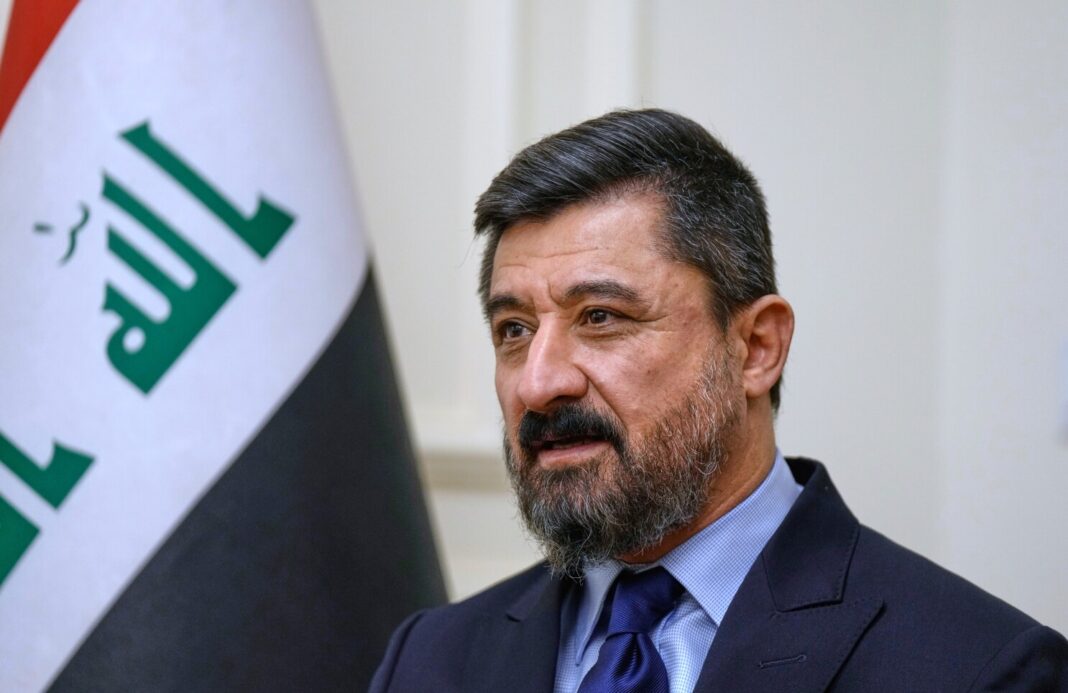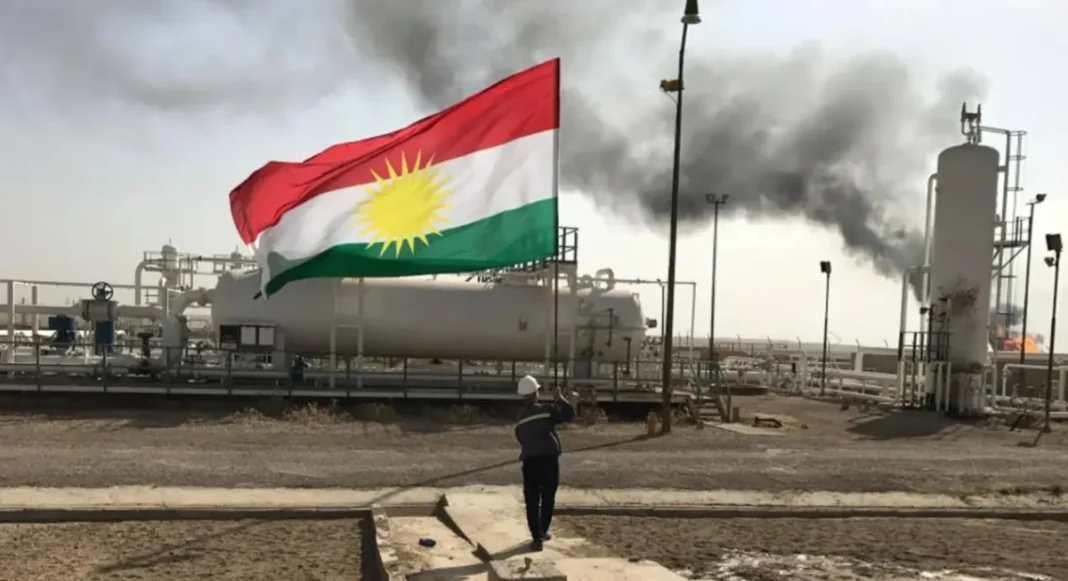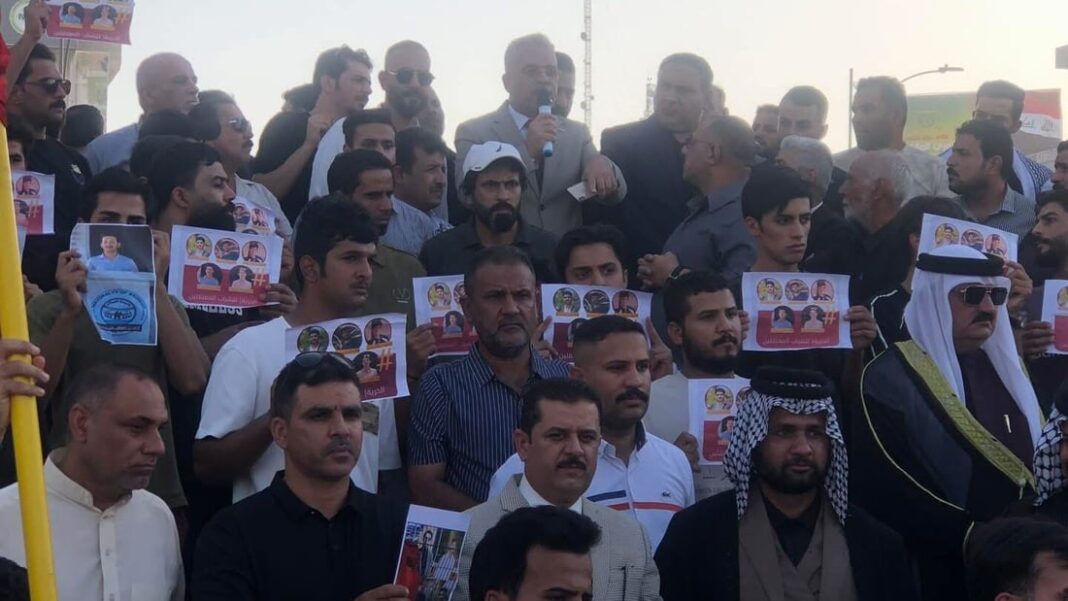Justice Minister Khalid Shwani defended the government’s position on human rights in Iraq during a televised interview with Dijlah TV. He addressed recent concerns raised by the international community about freedoms, overcrowded prisons, and real estate fraud.
Shwani said Iraq is actively working to balance legal reform with cultural and religious realities. He noted that recent amendments to the Personal Status Law have drawn criticism. However, he emphasized that the changes reflect religious diversity in Iraq.
He clarified that families can now settle issues like custody and inheritance in civil or religious courts. Some activists argue this weakens women’s rights. Shwani stated the law represents freedom of belief for various social groups.
Turning to the justice system, Shwani highlighted major progress in reducing real estate fraud. He stated that “90% of systematic forgery” in registration offices has been eliminated. Fraud cases targeting Christians and former regime affiliates are now under control.
To prevent further abuse, the ministry introduced new measures. These include full digital backups, surveillance cameras, and banning brokers from entering offices. Shwani said automation remains the long-term solution to ending document forgery.
The interview then focused on Iraq’s prisons. Shwani acknowledged severe overcrowding and highlighted the progress his ministry achieved. Since he took office, the inmate population increased from 60,000 to 70,000.
However, the Justice Ministry released 9,200 prisoners under the General Amnesty Law. As a result, overcrowding dropped from 300% to 132%. New correctional centers and expanded facilities have helped manage the numbers.
Shwani addressed criticism over freedom of expression and firmly denied that Iraq holds political prisoners. He stated, “We do not have prisoners of conscience in Iraq.”
He clarified that authorities charge some individuals under defamation laws, not for political views.
The Justice Ministry launched educational programs, music, and art to support inmate rehabilitation. Shwani reported that authorities reduced extremism and disrupted drug operations inside prisons. Security forces dismantled two drug networks in Taji and Abu Ghraib prisons.
Meanwhile, mobile phone smuggling has declined due to stricter rules and monitoring. Authorities are also working to block signals inside prisons.
In conclusion, Shwani insisted that human rights in Iraq are being protected. He emphasized that reforms continue while respecting Iraq’s cultural framework. Despite international criticism, the government views these changes as necessary and lawful.
Efforts to improve human rights in Iraq remain ongoing through legal, social, and technological reforms.



